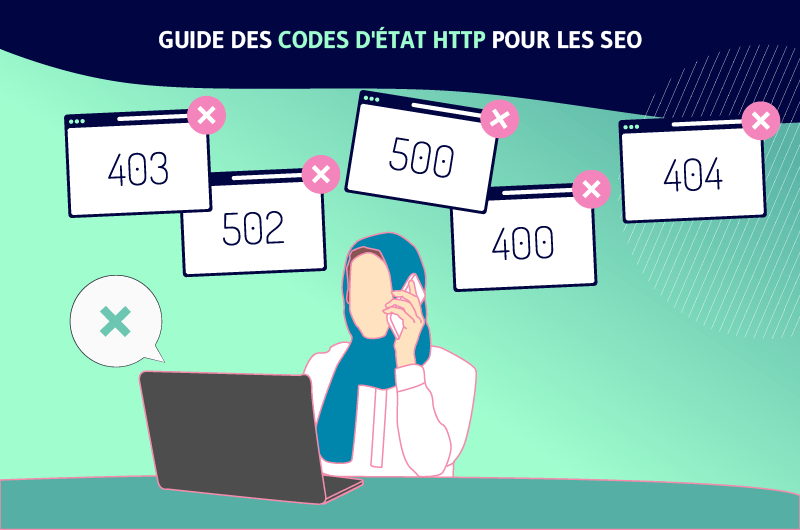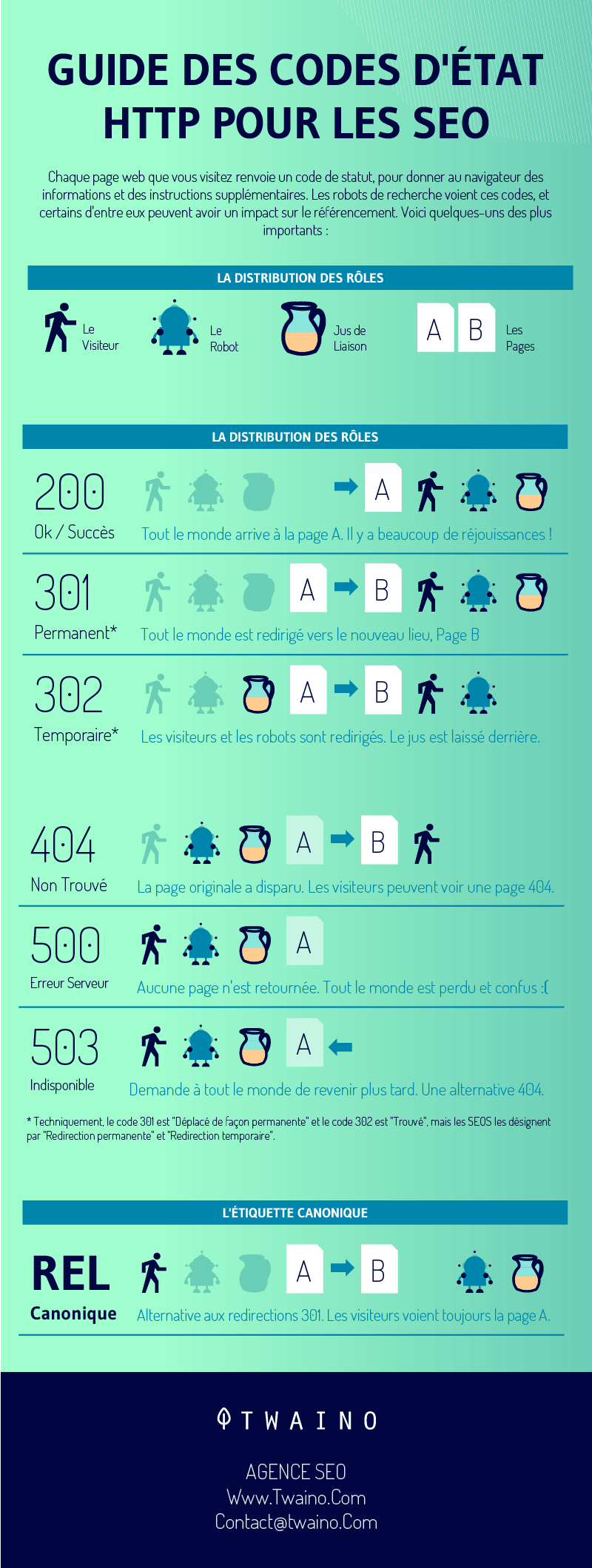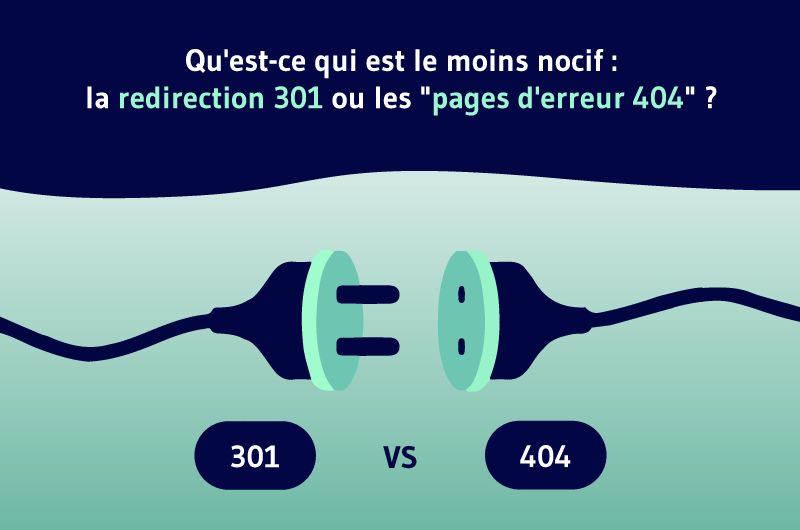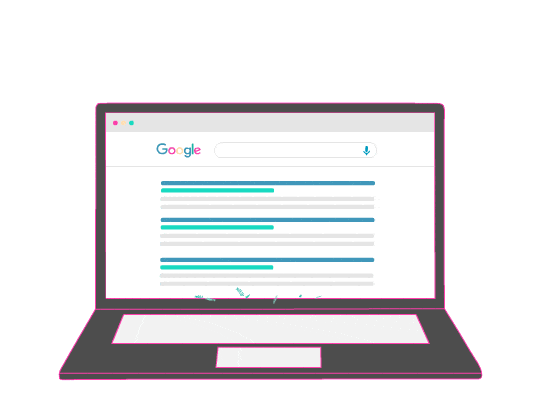Error messages and redirects are a matter of great concern in the SEO community.
In the July 2023 edition of Google SEO Office Hours, Google’s Gary Illyes, answers the question of which status code is less harmful between 301 redirect or “404 error pages”.
Gary’s answer to this question clarified how to view each of these status codes.
The question was simple:
“Which isless damaging: having millions of 404 error pages or millions of 301 redirects, where sold product pages redirect to the parent listing page?“
Gary answers in these terms:
“404 status codes are completely harmless, as are 301 status codes.You need to decide what works best for your scenario and stick with that.”
What are status codes?
In his explanation, Gary refers to “status codes” as 404 and 301 responses. Both are responses made by a server to a request for a web page (operated by a browser or robot).

When a browser tries to access a web page, it makes a request to a server. The server responds to this request with a message showing the status of the request.
That’s why Gary calls 301 and 404 status codes. Since they are responses (from the server to the browser), they are also called response codes.
But from a technical point of view, they are status codes, since the creators of HTML standards, the W3C, refer to them as such.
There are five categories of status codes, including:
1xx (Information): The request has been received, the process is in progress.
2xx (Success): The request has been received, understood and accepted.
3xx (Redirection): Further action is required to complete the request.
4xx (Customer error): The request is badly formulated or cannot be carried out.
5xx (Server error): The server has failed to respond to a valid request.

What are error pages/error codes?
Gary’s question referred to “404 error pages”, probably because they’re called“404 errors“.
But in reality, the pages aren’t actually faulty. What’s actually happening is that the request for missing web pages “can’t be met”.
There’s an error in the sense that the resource can’t be found. The server then simply responds with a 404 status code to say that the page cannot be found.
The common use of the term “error” to refer to the 404 code has led to the false belief that 404 responses are harmful.
This is not the case: the 404 response is neither negative nor positive, it’s simply a response indicating that the page has not been found.
The W3C states:
“The 404 (Not Found) status code means that the original server has not found a current representation of the target resource or is unwilling to reveal that one exists.
The 404 status code does not specify whether the lack of representation is temporary or permanent…”
Another reliable HTML resource, Mozilla Web Docs, defines the 404 status code as follows:
“The HTTP 404 Not Found status code announces that the server cannot retrieve the requested resource.
…A 404 status code only means that the resource cannot be found: it does not specify whether this absence is temporary or permanent“.
Hence Gary Illyes’ statement that“404 status codes are absolutely safe…”
How to select between 301 and 404 response codes?
Gary also points out that each publisher should opt for what suits them best.
Web pages disappear for a variety of reasons. If the page is no longer available because two domains have been merged, you need to redirect (301) the old or unavailable pages to new ones with a similar subject.
However, if the pages don’t deal with the same subjects, they can be turned into 404 responses, which indicate that the page is missing.
It’s possible to use a 410 status code to mean that the removal is permanent, but Google treats 404 and 410 responses in much the same way.
If you’re not sure what to choose between 301 and 404 response codes, think about what’s best for the user.
For example, when unifying a site that deals with topic G with a broader site that covers topics from A to Z, it’s best to redirect individually to the pages of the broader site that deal with topic D.
As for the remaining pages that don’t have a specific match, you can redirect them to the main category of topic D.
To sum up
All in all, 301 redirection or “404 error pages” are in no way harmful to your site. However, as Gary says, “You have to decide what’s best for your scenario…”.



